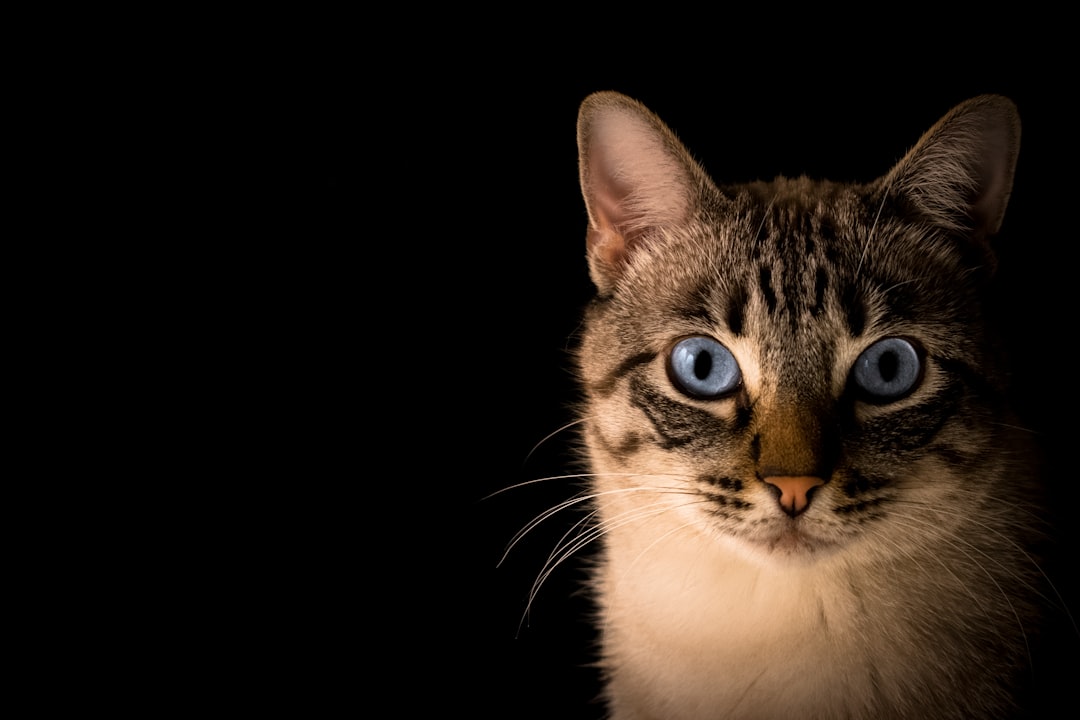Who's going to take care of your cat? 🐱
When you're single, a will makes sure your stuff goes to the right people

Hello!
Part two of catching up on retirement, American-style is coming but I wanted to post this because of an Angus Re…

Hello!
Part two of catching up on retirement, American-style is coming but I wanted to post this because of an Angus Re…